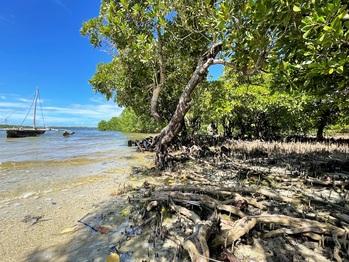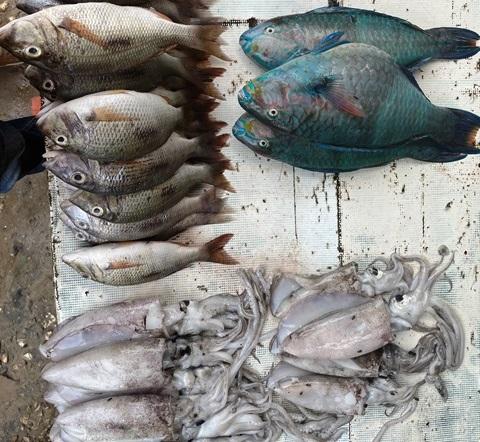Context
The coasts of Kenya and Tanzania are part of the large Somali Current ecosystem and are home to a unique biodiversity. This ecosystem’s services – especially fish – are the livelihood and often the main source of income for the coastal inhabitants. They are the basis for the economically important exchange between the towns of Kwale in Kenya and Tanga in Tanzania.
However, the ecosystem is severely strained and suffering. Biodiversity is declining due to overfished seas and coral reefs, seagrass beds destroyed by fishing and mangrove forests cleared for timber and fuel. Communities are already involved in managing the various protected areas. However, they lack strategies and support to effectively protect the designated areas and establish new protected areas.
Objective
A mechanism exists that enables communities to manage marine and coastal resources in a transboundary, participatory and environmentally friendly manner. This conserves marine and coastal biodiversity in the Kwale and Tanga regions.


